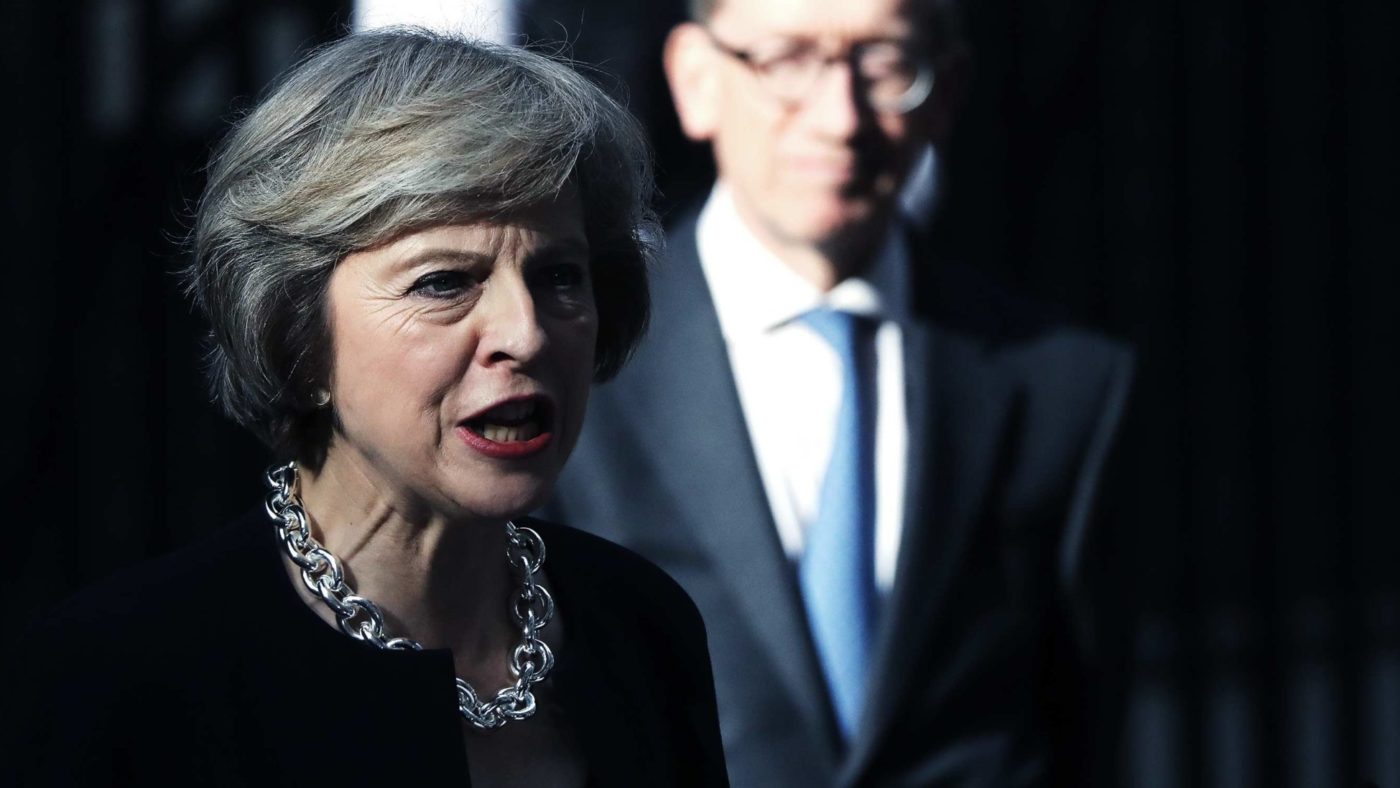Theresa May’s premiership started well, with a speech outside Number Ten on the “burning injustices” that she was determined to tackle in government.
But the central motif of May’s domestic agenda is, according to The Times, going up in flames.
In 2016, May lamented the fact that if you’re born poor you’ll die on average nine years earlier than others; that if you’re black, you’re treated more harshly by the criminal justice system than if you’re white; the overrepresentation of the privately educated in top professions; the gender pay gap; and the housing crisis.
To families “working round the clock” but “just managing” she said: “We will do everything we can to give you more control over your lives.”
It was a bold statement of intent from someone who – given she had just been appointed Prime Minister – the country knew remarkably little about. A copy of the speech hangs in Number Ten as a reminder of what everyone was supposed to be working towards.
But The Times reports that “Theresa May’s rhetoric about ‘burning injustices’ has been quietly been dropped by the Conservatives after being told that it risked boosting support for Labour.”
The newspaper claims that Tory MPs have been “discouraged from using [the phrase] in their campaign leaflets after internal party polling suggested that Mrs May was not trusted to fulfil the promises. Instead Labour was winning ‘hands down’ on dealing with issues such as poverty, housing and discrimination, Tory insiders indicated.”
A senior Conservative source tells the paper that, according to party polling, the Tories are seen as the best party to handle Brexit, but that “on the best party to tackle the social issues outlines in the ‘burning injustices’ speech the Tories languish in the mid-teens, while Labour is in the high thirties.”
Good politics means downplaying areas of weakness and accentuating areas of strength.
But if the move is hard to fault tactically, it is also a marker of the fraught position the Conservatives find themselves in.
The problem is not rhetorical but substantive: there simply isn’t enough for the government to boast about. Abandoning any talk of “burning injustices” looks a lot like an admission of defeat on an alarmingly wide range of policy areas.
The only thing worse than the government not fixing an injustice is identifying it as an issue and then failing to address it properly. It says to voters “Look at this great big problem that we haven’t done anything about” and leaves an open goal for the opposition. Unfortunately, across many of the injustices cited by May at the start of her time in Number Ten, the government has fallen into this trap.
Solving the housing crisis – one of those burning injustices – has been identified by May as the “mission” of her premiership. And yet, for all the rhetorical emphasis on the issue, the government refuses to take the bold steps that are sorely needed. No wonder YouGov has found that just 17 per cent of voters think the Conservatives are the best party on housing. The figure for Labour is in the high thirties.
Tax is a huge expense to those who are struggling to get by and who the Prime Minister pledged to work for. In fact, you can make a compelling case for the cost of living crisis being largely the product of excessive government action. The tax burden is the highest it has been for nearly 50 years, and yet this government gives every indication that it wants the state to do more, not less.
What is true for housing and the cost of living is true in a range of other important areas.
We may be in the stewardship phase of Theresa May’s premiership, with the Prime Minister focused on seeing the country – and her party – through the bumpy Brexit process. But that cannot mean neglecting a domestic agenda that encompasses those burning injustices that struck a chord two years ago.
The prospect of a Corbyn government haunts the Conservative Party. And it is tempting to think that such a dangerous alternative calls for caution. But if they want to stop the nightmare of Corbyn in Downing Street coming true, Conservatives need a flurry of activity on the domestic front – not to stop talking about it and hope no one notices.
You don’t need to have been paying particularly close attention to British politics in the last few years to realise that there is a profound sense of dissatisfaction with the status quo among voters. Those voters will not look kindly on a party that gives the appearance that it holds power but doesn’t quite know what it wants to do with it.


